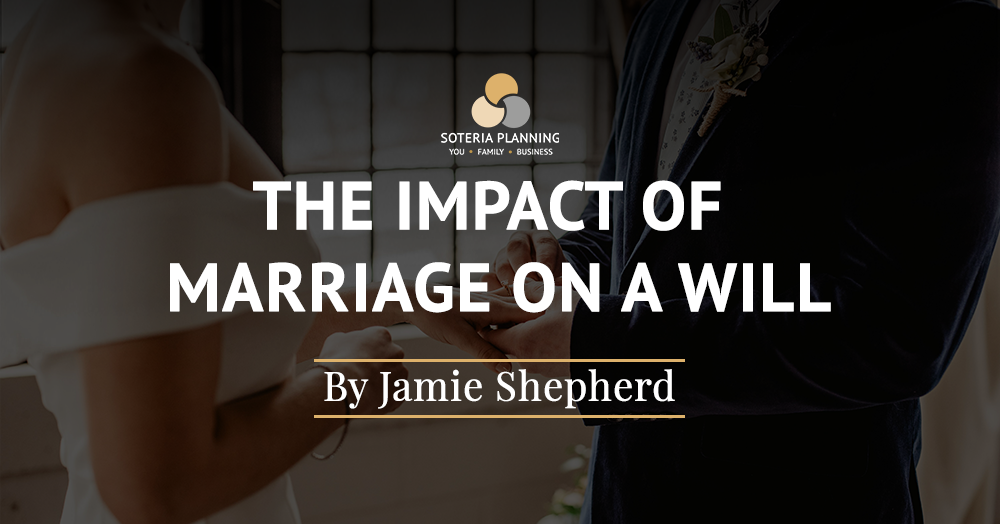Marriage is a significant milestone in many people's lives, symbolising love, commitment, and partnership. While couples embark on this journey, it is essential to consider the legal implications that marriage can have on various aspects of their lives, including estate planning. One area that requires careful attention is the impact of marriage on a will. In this blog, we will explore how marriage can affect your will and highlight important considerations to ensure your wishes are preserved.
Revocation of Prior Wills
One of the most significant impacts of marriage on a will is the automatic revocation of prior wills. In many jurisdictions, marriage revokes any wills made before the marriage, unless the will was specifically created in contemplation of the marriage. This means that if you had a will in place before getting married, it may no longer be valid after the marriage ceremony.
To avoid unintentional consequences, it is crucial to review and update your will after getting married. Failing to do so may result in your estate being distributed according to the laws of intestacy, which may not align with your wishes.
Spousal Rights and Entitlements
Marriage often confers certain rights and entitlements to the surviving spouse. These rights vary depending on the jurisdiction, but common examples include the right to a portion of the deceased spouse's estate, the right to occupy the marital home, and the right to seek support from the estate.
In some cases, these spousal rights may override the provisions of a will. For instance, if a will attempts to disinherit a surviving spouse completely, the law may intervene to provide the surviving spouse with a predetermined share or support. Understanding the spousal rights applicable in your jurisdiction is crucial to ensure your will accurately reflects your intentions.
Updating Beneficiary Designations
Marriage often prompts couples to review and update their beneficiary designations on various accounts, such as life insurance policies, retirement plans, and bank accounts. Failure to update these designations after marriage can result in unintended consequences.
For example, if you named a sibling or a parent as a beneficiary before marriage and failed to update it to include your spouse, your spouse may not receive the intended benefits upon your passing. It is essential to ensure your beneficiary designations align with your current wishes and that your spouse is appropriately included where desired.
Blended Families and Complex Relationships
Marriages involving blended families or complex relationships present additional challenges when it comes to estate planning. If you have children from a previous relationship, your will must carefully consider their interests, as well as the interests of your new spouse.
Creating a comprehensive estate plan, including trusts, can help address the unique dynamics of blended families. Trusts can provide for your spouse while ensuring that your children receive their intended inheritances, mitigating potential conflicts and disputes.
Estate Tax Considerations
Marriage can also have implications for estate taxes. Many jurisdictions provide favourable tax treatment for transfers of assets between spouses, allowing for unlimited marital deductions. This means that assets passing from one spouse to another are generally exempt from estate taxes.
Understanding the estate tax laws applicable in your jurisdiction and considering their impact on your estate plan is crucial. Seeking guidance from an experienced estate planning attorney or tax professional can help ensure you maximise tax efficiencies while achieving your desired distribution goals.
Marriage is a joyful and transformative event that can have legal ramifications, particularly on your estate planning. As you embark on this new chapter, it is essential to consider the impact of marriage on your will and take proactive steps to ensure your wishes are preserved.
Reviewing and updating your will, understanding spousal rights, updating beneficiary designations, addressing blended family dynamics, and considering estate.
Should you have any questions about the content of this blog, feel free to reach out to our friendly team on 01344 531521 or request a meeting with one of our Advisors here.






Share this with
Email
Facebook
Messenger
Twitter
Pinterest
LinkedIn
Copy this link